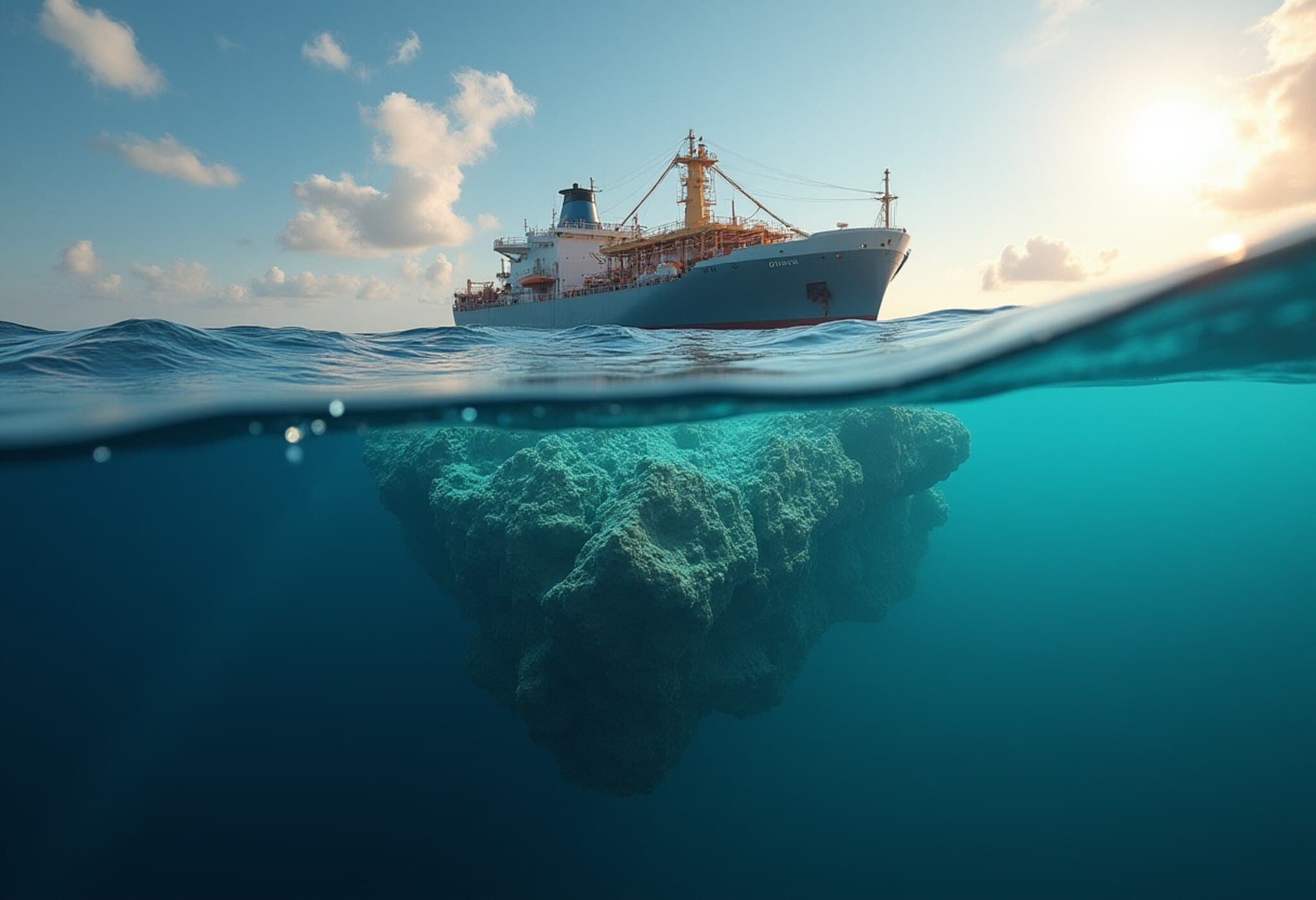U.S. Deep-Sea Mining Ambitions Spark International Debate
As the United States gears up to explore deep-sea mining for critical minerals, concerns are mounting among policy experts and environmentalists about the broader implications—both for international law and global geopolitical balance. While this strategy aims to reduce Washington’s heavy reliance on Chinese mineral imports, moving ahead unilaterally in international waters could inadvertently destabilize established maritime norms and empower Beijing’s strategic interests.
Why Deep-Sea Mining Matters
Deep-sea mining involves extracting valuable minerals like rare earth elements from the ocean floor. These minerals are critical to modern technologies, including electric vehicles, smartphones, and military hardware. Currently, China dominates global supplies, controlling a large share of rare earth element production, which has heightened U.S. urgency to diversify its sources.
Washington’s Push for Expedited Mining
- Under President Trump’s 2025 executive order, the US government seeks to fast-track deep-sea mining projects both within its jurisdiction and in international waters.
- Companies such as Canada-based The Metals Company (TMC) have submitted commercial license applications under U.S. law to mine in the mineral-rich Clarion-Clipperton Zone (CCZ) in the Pacific Ocean.
- Meanwhile, TMC renegotiated exploration rights with Nauru, an ISA member with special permits in the CCZ.
International Legal Framework and Challenges
The global regulation of seabed mining falls under the International Seabed Authority (ISA), established by the United Nations Convention on the Law of the Sea (UNCLOS). However, the U.S. has neither ratified UNCLOS nor become a full ISA member, positioning itself as an observer state only.
Despite years of discussions, the ISA has struggled to finalize clear, binding regulations for deep-sea mining, due in part to environmental concerns and resistance from 38 countries advocating for a moratorium until thorough impact assessments are conducted. Scientists warn that the environmental consequences of seabed mining remain poorly understood and could be severely detrimental to fragile ocean ecosystems.
The Risk of Undermining Global Order
Experts from the Center for Strategic and International Studies (CSIS) caution that unilateral U.S. mining efforts could weaken the established rules-based maritime order. Isaac Kardon, a China-focused security analyst at the Carnegie Endowment for International Peace, highlights the stakes: "Licensing mining operations in international waters outside UNCLOS authority risks undercutting U.S. credibility and the global architecture that supports peaceful maritime cooperation."
Allowing mining without comprehensive international consensus could spark conflicts over jurisdiction and mining rights, reducing the strength of global maritime laws.
China’s Strategic Advantage
China, which vehemently opposes the U.S.' push, has already been advancing deep-sea mining capabilities and equipment trials in the Pacific. By portraying the U.S. as violating international law, Beijing could leverage diplomatic capital to challenge U.S. positions and pursue its own claims more aggressively—particularly within disputed waters like the South China Sea.
Given China’s vast industrial capacity and corporate backing, if Washington proceeds unilaterally, China stands to consolidate dominance across extraction, refining, and production of seabed minerals.
Possible Forward Paths for the U.S.
Experts advocate for a more measured approach:
- Focus on Mining within U.S. Continental Shelves: The U.S. Department of the Interior manages seabed mineral exploration domestically, a route that aligns with international law and avoids global friction.
- Strengthen International Partnerships: Collaborations with countries like the Cook Islands—which recently signed deals with the U.S.—may offer pathways that respect existing rules while promoting mineral development in exclusive economic zones.
- Engage in Multilateral ISA Negotiations: Supporting the ISA framework may enhance U.S. leadership in shaping responsible mining standards and environmental safeguards.
Maria José Valverde of Eurasia Group encapsulates the tension: “While deep-sea mining could spur economic innovation and reduce supply vulnerabilities, pursuing it unilaterally threatens U.S. diplomatic standing, especially in environmental and maritime law forums.”
Environmental and Geopolitical Stakes
Beyond resource competition, the debate touches critical environmental considerations. The deep ocean represents one of Earth's least understood ecosystems, and seabed mining could disrupt biodiversity and carbon sequestration functions essential to combatting climate change.
Moreover, the potential erosion of UNCLOS's authority may weaken the very framework that has preserved maritime peace and stability, allowing geopolitical rivalries—especially with an assertive China—to intensify unchecked.
Editor’s Note
The U.S.’s pursuit of deep-sea mining encapsulates a complex crossroad between strategic resource independence and adherence to an unstable but vital rules-based international system. As policymakers balance economic incentives with environmental stewardship and geopolitical rivalry, critical questions remain:
- Can the U.S. reconcile its national interests with international legal frameworks to prevent maritime conflict?
- Will multilateral cooperation through the ISA emerge strong enough to regulate this new frontier sustainably?
- How will emerging technologies shape environmental monitoring and responsible mineral exploitation?
In the coming years, deep-sea mining could reshape global power dynamics and ocean governance, raising the stakes well beyond the ocean floor.



















